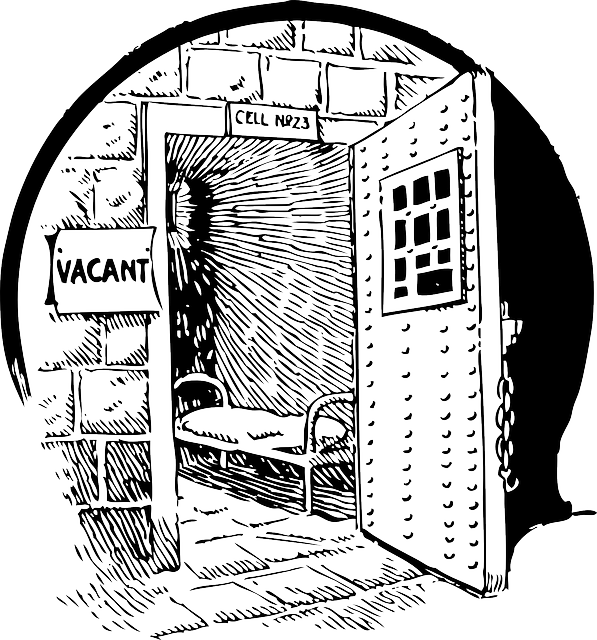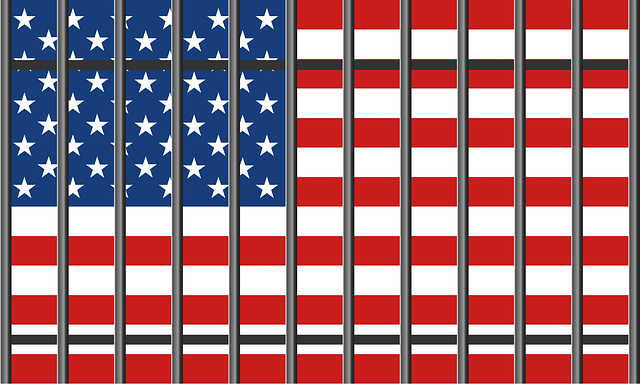Corporate DUI Awareness Workshops address the rising issue of young people engaging in driving under the influence (DUI), emphasizing severe legal and personal consequences. Through interactive discussions, real-life scenarios, and multimedia content, these workshops equip young drivers with knowledge about the impact on their futures. By integrating these workshops into company culture, businesses reduce impaired driving risks among employees, promote responsible behavior, and set a positive example. Tailored to young adults' challenges, successful workshops create safe spaces for open conversations, using personal stories and expert panels, and leverage digital tools like online quizzes and virtual simulations. Measuring success involves qualitative and quantitative assessments, including participant feedback and comparing repeat offense rates between program participants and control groups. These workshops are crucial in reducing DUI incidents among targeted youth populations.
“In a bid to curb the alarming trend of early DUI (Drunk Driving Underage) among youth, this article delves into critical strategies for prevention. We explore the profound impact of early DUI on young lives and society at large. Furthermore, it emphasizes the rising corporate responsibility in DUI prevention efforts.
Key sections include designing engaging Corporate DUI Awareness Workshops tailored for young adults, outlining effective strategies for education and engagement, and providing metrics to measure the success of youth DUI prevention programs.”
- Understanding the Impact of Early DUI on Youth
- Corporate Responsibility in DUI Prevention: A Growing Need
- Designing Effective DUI Awareness Workshops for Young Adults
- Strategies to Engage and Educate: Key Elements of Successful Workshops
- Measuring Success: Evaluating the Effectiveness of Youth DUI Prevention Programs
Understanding the Impact of Early DUI on Youth

The early adoption of driving under the influence (DUI) is a growing concern among youth, with significant implications for their future. Corporate DUI awareness workshops highlight that underage individuals who engage in such behavior face not only legal repercussions but also long-lasting personal consequences. Repeated DUI offenses can lead to severe penalties, including license suspension, hefty fines, and even imprisonment, hindering a young person’s educational and professional prospects.
These workshops emphasize the importance of understanding the appeal of alcohol and drugs among peers as a crucial step in prevention. By raising awareness about the impact on both individual lives and future career paths, these programs aim to equip youth with the knowledge to make informed decisions. Through interactive discussions and real-life scenarios, young drivers can grasp the severity of DUI, fostering a culture of responsible drinking and safe driving choices.
Corporate Responsibility in DUI Prevention: A Growing Need

In today’s digital era, corporate responsibility in DUI (Drunk Driving Under Influence) prevention is more crucial than ever. Businesses and corporations have a growing need to take proactive measures, not just to protect their employees but also to contribute to safer communities. Incorporating Corporate DUI Awareness Workshops into company culture can significantly reduce the risk of impaired driving among staff. These workshops serve as eye-opening educational sessions that dispel myths about alcohol consumption and its effects on judgment and coordination.
By organizing such initiatives, companies demonstrate a commitment to wellness and safety beyond their facilities. They set an example for employees, promoting responsible behavior both on and off the job. Moreover, these workshops can foster a culture of open dialogue where individuals feel comfortable discussing challenges related to alcohol consumption and seeking help when needed. Effective corporate DUI awareness programs are game-changers in preventing early instances of DUI among youth and adults alike.
Designing Effective DUI Awareness Workshops for Young Adults

Designing effective Corporate DUI Awareness Workshops for young adults requires a nuanced approach that resonates with their age group and lifestyle. These workshops should go beyond simple lecture formats, incorporating interactive elements such as role-playing scenarios, peer discussions, and engaging multimedia content. By creating a safe space where open conversations about alcohol consumption and its consequences are encouraged, facilitators can foster a deeper understanding of the risks associated with DUI (Driving Under the Influence).
Incorporating real-life stories, expert panels, and guest speakers who share their personal experiences can add authenticity and emotional impact. Additionally, using social media platforms and digital tools to augment the workshop experience—through online quizzes, virtual simulations, or sharing resources—can enhance engagement and reinforce learning outcomes. Tailoring these workshops to address the specific challenges and vulnerabilities faced by young adults will ensure that the message is not only heard but also internalized, ultimately contributing to safer decisions on the road.
Strategies to Engage and Educate: Key Elements of Successful Workshops

Engaging and educating young adults about the dangers of early DUI (drunk driving under age 21) is a critical aspect of prevention strategies. Corporate DUI awareness workshops play a pivotal role in this effort, offering interactive and impactful learning experiences. Successful workshops should incorporate several key elements: first, they must create an open and comfortable environment where participants feel safe to ask questions and share their thoughts. This fosters active participation, ensuring that every attendee is engaged in the discussion.
Secondly, these workshops should provide a clear and concise presentation of the legal implications of DUI, focusing on real-life consequences and personal stories to drive home the message. Interactive activities, role-playing scenarios, and group discussions can further enhance learning by encouraging critical thinking and peer-to-peer education. Incorporating technology, such as virtual reality simulations, can also make these workshops memorable and impactful, leaving a lasting impression on young adults about the risks associated with impaired driving.
Measuring Success: Evaluating the Effectiveness of Youth DUI Prevention Programs

Measuring success in youth DUI prevention is paramount to understanding the effectiveness of implemented programs. This involves a multifaceted approach, including both qualitative and quantitative assessments. By evaluating participant feedback through surveys and interviews, we gain insights into the impact of workshops on their knowledge, attitudes, and behaviors regarding alcohol consumption and driving. Moreover, tracking repeat offense rates among program participants compared to control groups provides a robust metric for gauging success.
Corporate DUI awareness workshops play a crucial role in this evaluation. These structured sessions are designed not only to educate but also to engage young adults in discussions about responsible decision-making. By measuring changes in attitudes and behaviors post-workshop, we can assess the program’s ability to foster positive shifts that extend beyond the immediate learning environment. Ultimately, successful prevention programs should translate into reduced DUI incidents among targeted youth populations.
Early intervention is key in preventing youth from engaging in dangerous driving behaviors, such as DUI. By incorporating comprehensive corporate DUI awareness workshops into educational curricula and community initiatives, we can empower young adults with the knowledge and skills to make responsible choices. These workshops, designed with a focus on engagement and education, have proven to be effective tools in reducing DUI incidents among teenagers. As businesses embrace their role in society, they can contribute significantly to creating a safer future by supporting and participating in these youth prevention programs.






